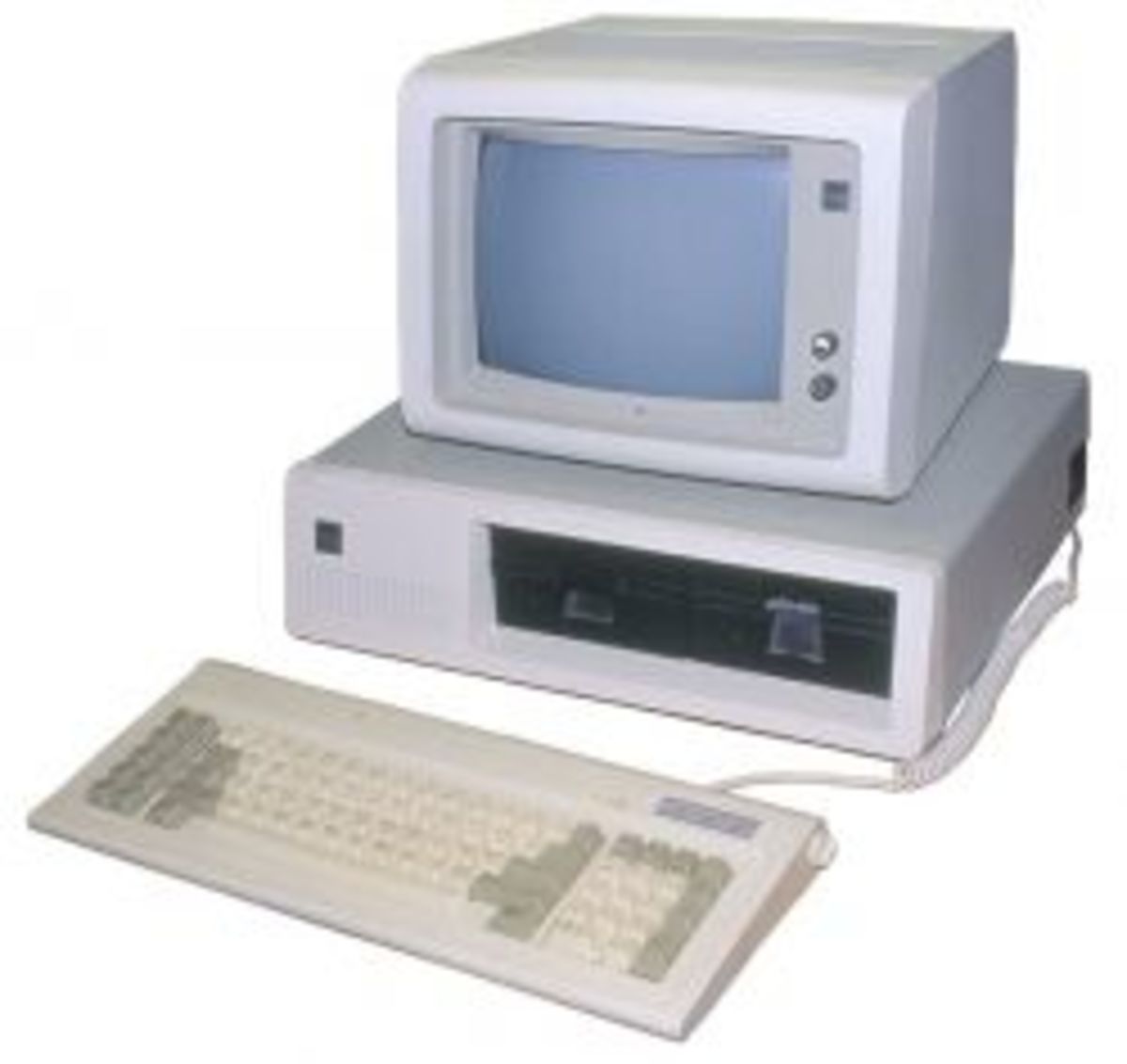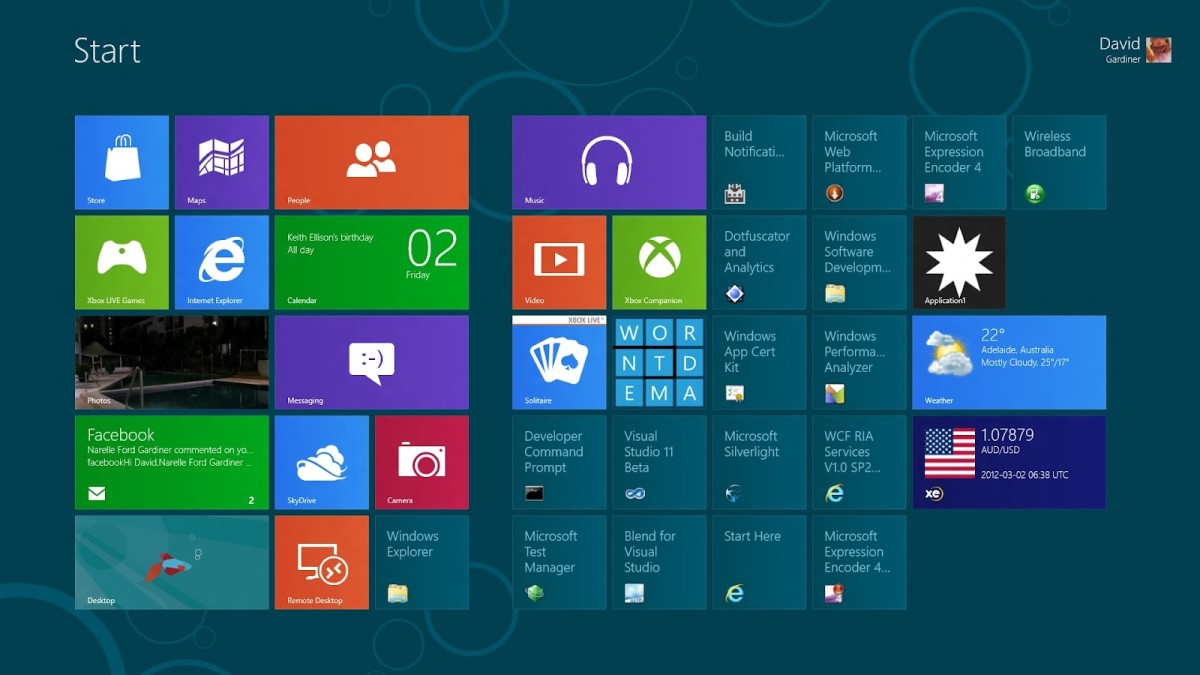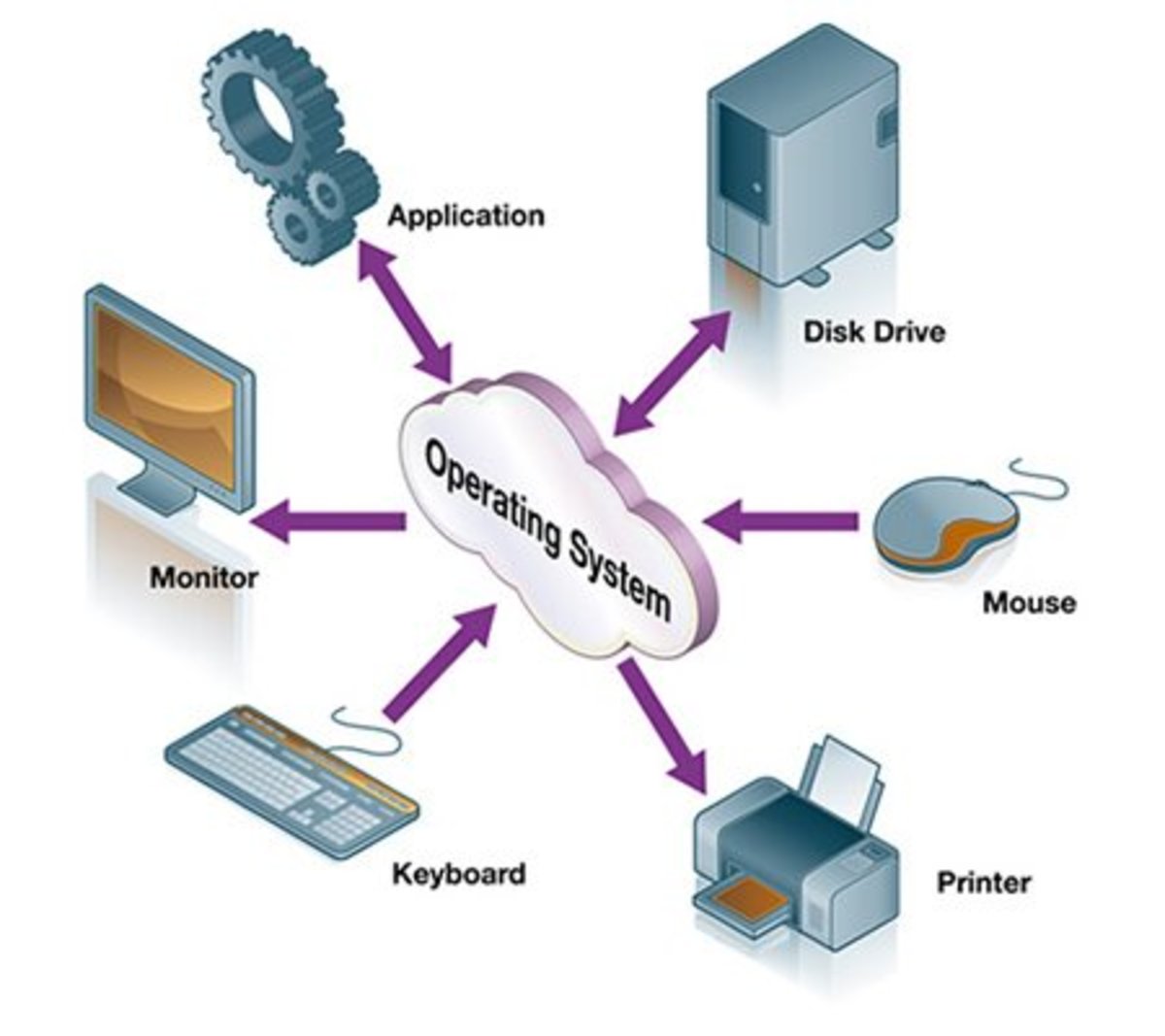How To Use Linux or Other Operating System Inside Windows With VmWare Player
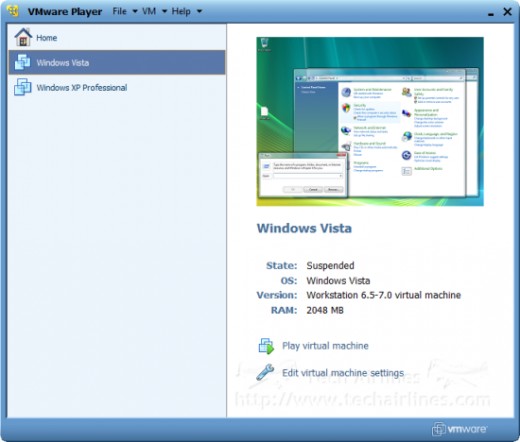
Most computer users use Windows as their operating system, and the majority of them use XP in particular. This is about to change, of course, as XP is becoming obsolete and no longer supported. There are however those who want to experiment with operating systems a bit more. It is either out of curiosity, or it is because Windows tend to go slower and slower as time passes by and they are prone to viruses. This actually makes some of the users interested in trying other platforms.
Most users however will be scared to leave Windows completely, and will prefer to not format their hard drive for dual booting (the process of having more than one operating systems in the same computer, from which user will choose which one will boot at every power-on of the computer). Windows, with all their faults and problems, are widely supported and this is another reason why most people will hesitate to move on to Linux.
There is solution for those, however. You can check the graphic environment of Linux right inside your Windows. This is actually called virtualization and there are some applications that can achieve this. Most popular among them is VmWare Player, which also happens to be free of charge.
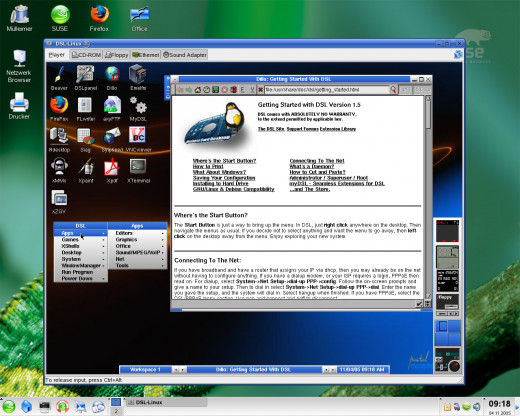
How it works
VMWare creates isolated virtual machines inside your system. Those machines are like autonomous computers, which means inside the VMWare window you will see the computer boot-up, you will see the desktop and you will have complete control over the system, just like you would over a real system. You can store files and multimedia and use this virtual machine as a complete an autonomous computer system. This also means that the input devices and the hardware of your system is shared on the system that is "virtualized". VMWare machines for example are commonly used when user is not completely sure if a program is good for his PC and he would not like to risk his own system, so he installs it in a virtual machine.
Virtual machines can have many Operating systems including Windows, Linux distributions and more.
What user needs to do is download an ISO (image file) of the operating system he would like to try installing as virtual machine. He will load this file in VMWare player, and the application will create a folder in user's Documents to store the required files (on the host system, which is the natural computer system the user is working on). Operating System installation will go on inside the window, same as it would go on during a complete system format. The created machine will be booting up in the window, files will be stored and action will be same as in a real computer. When user wants to exit the virtual machine, VMWare saves the machine's state so that next time it boots on it will be exactly as it was left. So, you can always leave the machine with your work open, and you will find it at exactly the same state when you run it again. This eliminates the need for system power off.
With Linux distributions being free of charge and available for download everywhere, they are the most common virtual machines created. Most users will prefer to try out the distributions, so they can choose the one that matches their tastes. VMWare is ideal for such kind of experimenting.
You decided you want to move on with Linux installation?
Check how to do it through USB
What must be noted, is that aside Linux, other Windows versions can be virtualized too; this can be useful for 7 or even 8, but it would of course require a working serial number. Lately, some technical geeks managed to create an ISO which can be used to emulate Android on computer system; the possibilities are endless!
- Windows: How To Delete A File Even If It Is In Use
Learn how you can delete unwanted files, even if you keep getting an error that the file is currently in use. - Which Is The Best Selling Mobile Cell Phone Of All Times?
Find out which mobile phone has sold the most - How To Convert Your Videos Or Movies In The Right Format For Your Smartphone Or Tablet
Find out about Format Factory, an all-in-one converter of audio and video, which can be extremelly useful for any kind of encoding. Find out how you can convert movies in the right format for your portable device.


